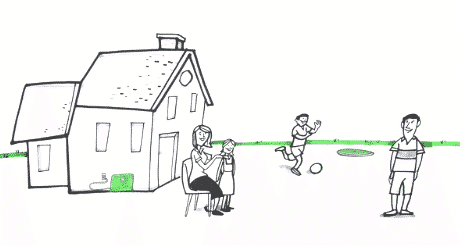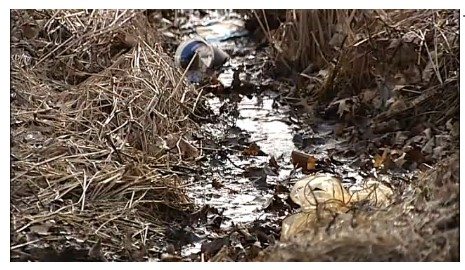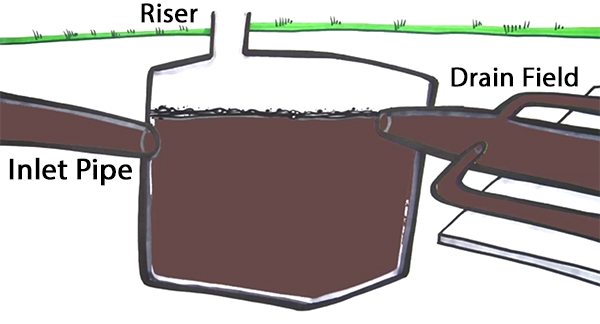3 Tips for Keeping Energy Costs Low During the Summer
During the winter months and colder weather, you know that energy efficient heating elements and wood burning fireplaces help reduce the monthly bills. You can employ similar strategies during the heat of the summer months to decrease your energy usage as well. You can use these ideas especially in the more moderate heat of summer,…
Read article









